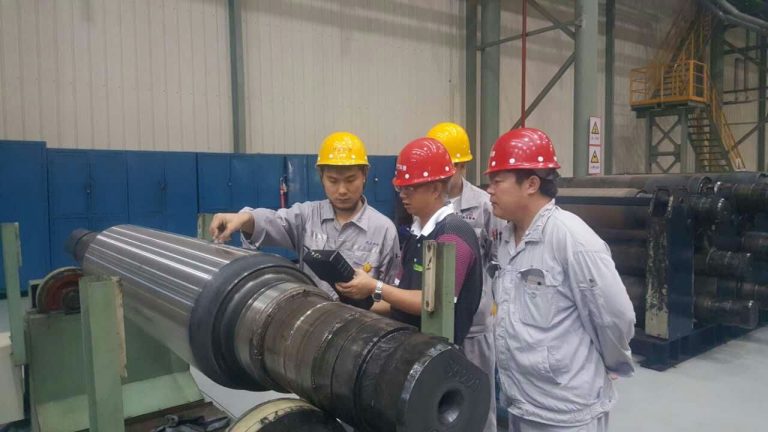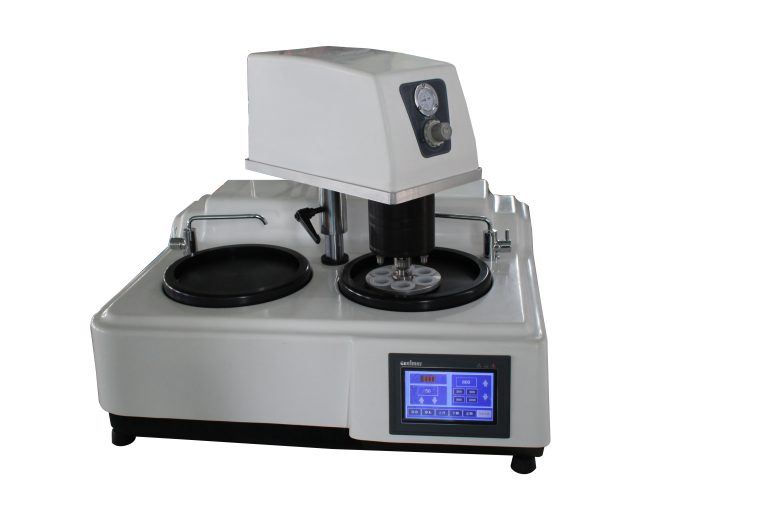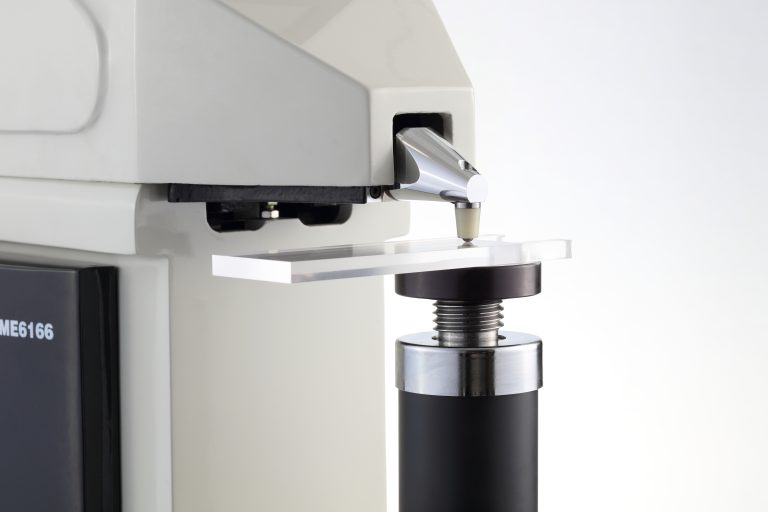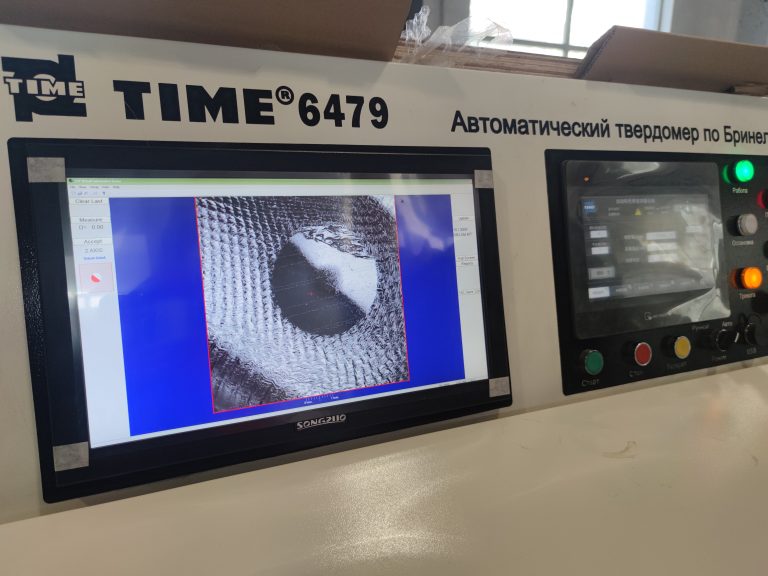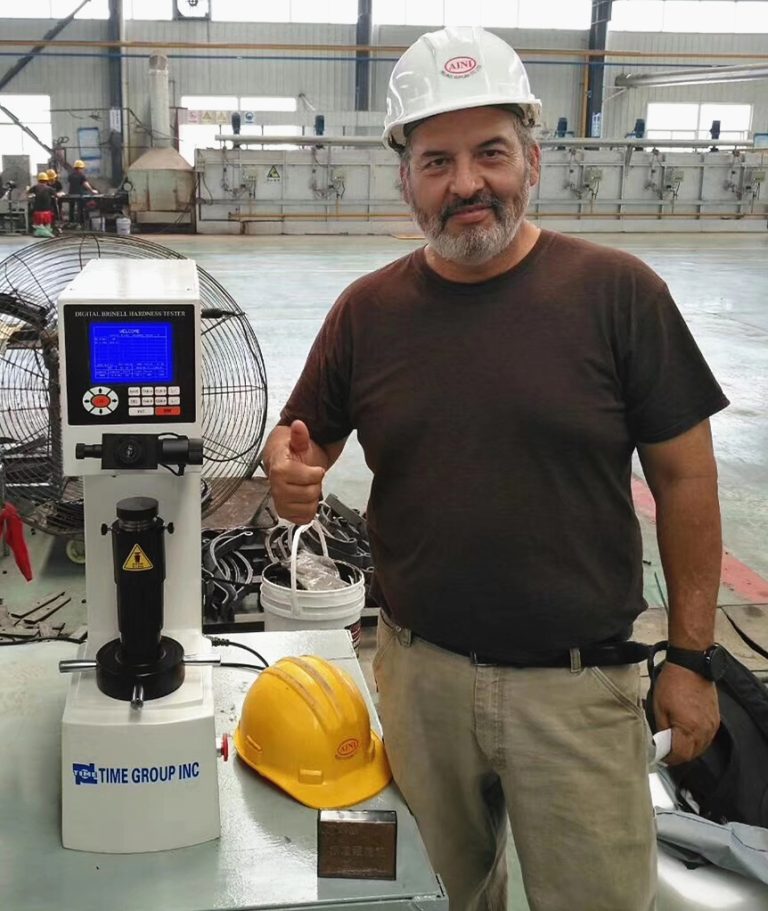Fully automatic online Brinell hardness tester plays an important role in quality control, production line integration, material research and other fields, improving detection efficiency and accuracy, and promoting the development of industrial automation and intelligence.
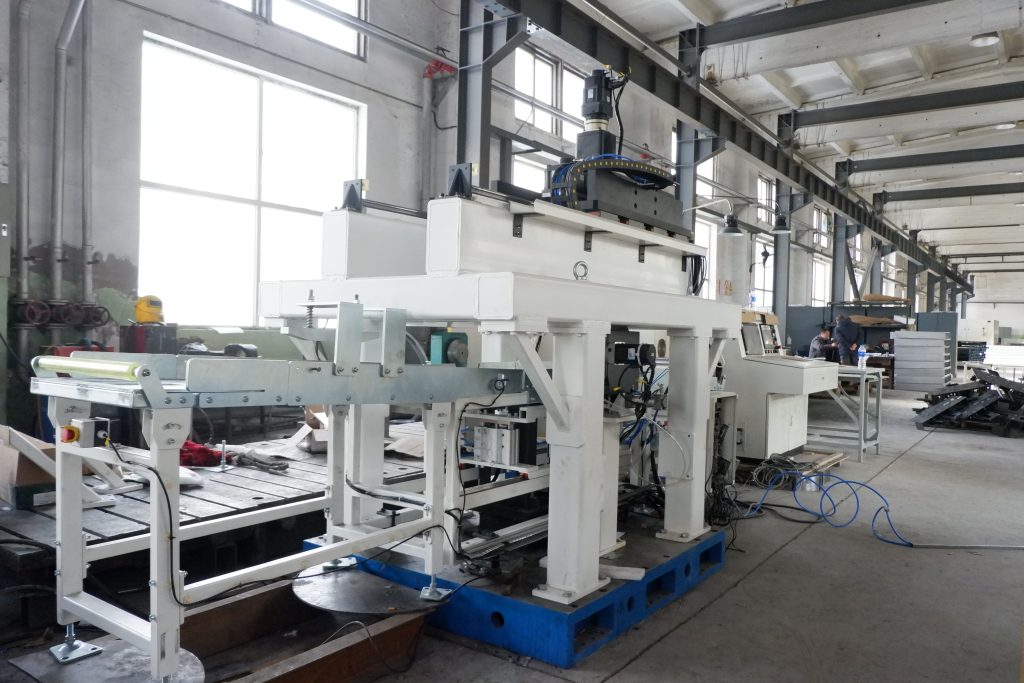
Fully automatic online Brinell hardness tester is widely used in the industrial field, mainly in the following aspects:
Quality control
- Real-time monitoring: Real-time detection of material hardness on the production line to ensure that the product meets the standards.
- Automated operation: Reduce human errors and improve detection efficiency and consistency.
Production line integration
- Seamless docking: Seamless integration with the production line to achieve continuous detection without interrupting production.
- Data feedback: Real-time feedback of data to facilitate timely adjustment of process parameters.
Material research
- Performance evaluation: Used to evaluate the hardness of new materials and optimize material performance.
- R&D support: Provide accurate data for R&D and shorten the development cycle.
Aerospace
- High-precision detection: Meet the high-precision hardness detection needs of aerospace materials.
- Reliability guarantee: Ensure the high reliability of key components.
Automobile Manufacturing
- Parts Testing: Used for hardness testing of key parts such as engines and gearboxes.
- Production efficiency: Improve testing efficiency and adapt to large-scale production.
Metal Processing
- Process Optimization: Optimize process parameters such as heat treatment to improve product quality.
- Product consistency: Ensure the hardness of batch products is consistent.
Energy Industry
- Equipment Testing: Used to test the hardness of key equipment such as turbine blades and pipelines.
- Safety Assurance: Ensure the safety of equipment under extreme conditions.
Electronics Industry
- Micro Parts Testing: Used to test the hardness of micro electronic components.
- High Precision Requirements: Meet the needs of the electronics industry for high-precision testing.
Scientific Research Institutions
- Experimental Support: Provide accurate hardness data for scientific research.
- Standard Development: Participate in the formulation and verification of hardness testing standards.
Education and Training
- Teaching Tools: Used for teaching materials science and engineering majors.
- Skill Training: Train students and engineers in hardness testing skills.

